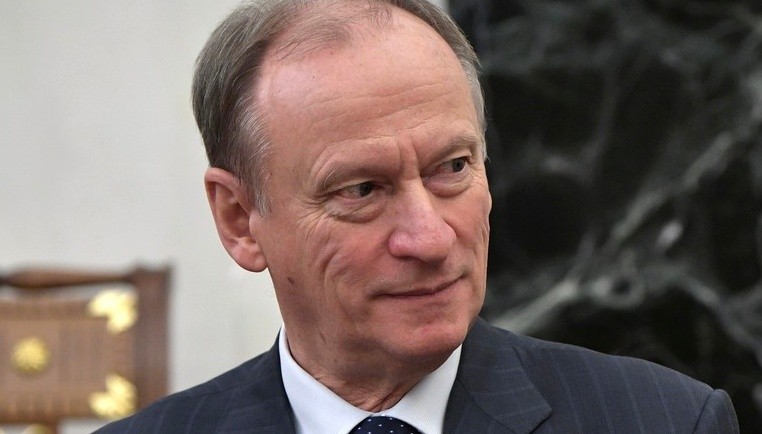Russia security official says borders with Nordic countries must be strengthened
"Additional measures are needed on the streamlining of forces and equipment for the protection of the state border,” Nikolai Patrushev said.

The protection of national interests in border areas is gaining extraordinary importance, said the secretary of Russia’s Security Council, Nikolai Patrushev, at a meeting last week.
A series of new regional threats to Russia are emerging — among them the possible inclusion of Finland and Sweden in NATO, the council secretary told a meeting of the Security Council.
In the room were high-ranking representatives of law enforcement authorities, governors and other leaders from the region, among them presidential envoy for the Northwest Russian Federal District, Aleksandr Gutsan.
The protection of the border to Finland and the Nordic countries must be strengthened, he underlined. He also specifically highlighted relations with Estonia and the disputed territory between the countries.
“In connection with the emergence of new threats following the possible membership in NATO of Finland and Sweden, the shutdown of cross-border cooperation by European countries with our country, as well as in connection with the lack of official demarcation of the border between Russia and Estonia, additional measures are needed on the streamlining of forces and equipment for the protection of the state border,” Patrushev said, according to Interfax reports.
Patrushev also called on the engagement in border protection of locals residing in the border areas. According to the powerful official, regions located along the state border should consider to provide financial support to locals residing in border areas in return for “voluntary assistance” in border protection.
Murmansk Governor Andrei Chibis was one of the regional leaders present in the meeting.
In a comment, Chibis says his region “always has been open for dialogue and cooperation,” and that a close and good neighborly relationship with the Scandinavian countries have been developed over years.
But now has come another era, he explains.
“Nikolai Patruchev rightly highlighted the need to strengthen the protection of our borders based on the current situation,” he writes on Telegram.
According to Chibis, Murmansk is now orienting itself towards other markets.
“We are now rebuilding our economy based on the new realities and work with partners from friendly countries,” he writes on his VK page.
The Security Council meeting took place in Kaliningrad, the exclave on the coast of the Baltic Sea, and the tense relationship with Lithuania following the latter’s decision to bar transit railway shipments of sanctioned goods was high on the agenda.
“This decision will have serious negative impact on the population of Lithuania,” Patrushev said, according to the newspaper RG.
Patrushev is by many seen as a likely successor of President Vladimir Putin in the Kremlin. He has worked closely with Putin since before he became president. Before his appointment to the post as secretary of the Security Council in 2008, he for nine years headed the FSB.
He is known as hardliner and ultraconservative, and as one of the most ardent opponents of democracy and civil liberties.
The Russian Security Council is headed by Putin himself. Council deputy is former president and prime minister Dmitry Medvedev, who in a recent statement called Western leaders “bastards and scum.”
“I hate them. They want death for us, and as long as I’m alive, I will do everything to make them disappear,” Medvedev said.